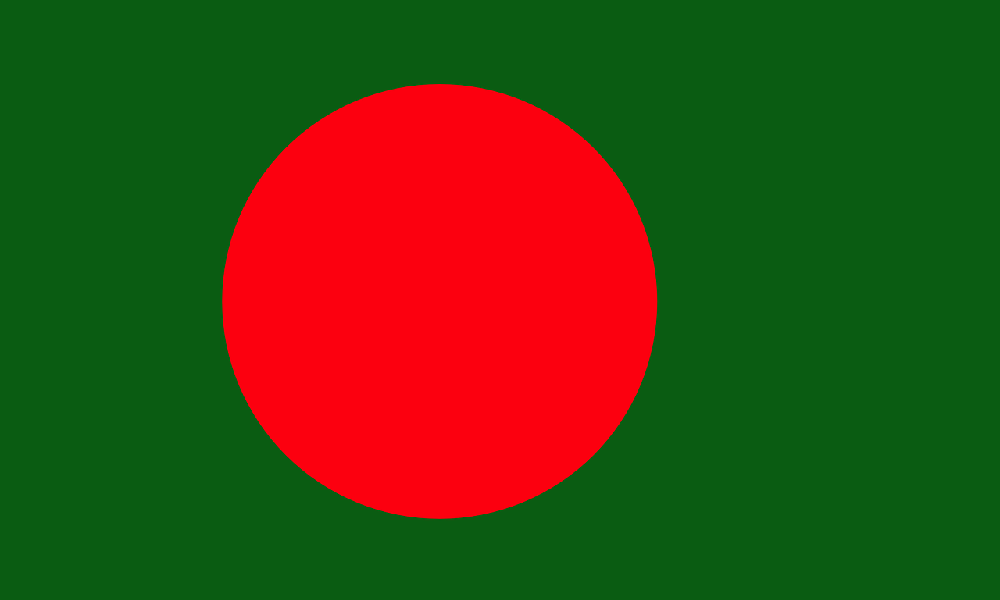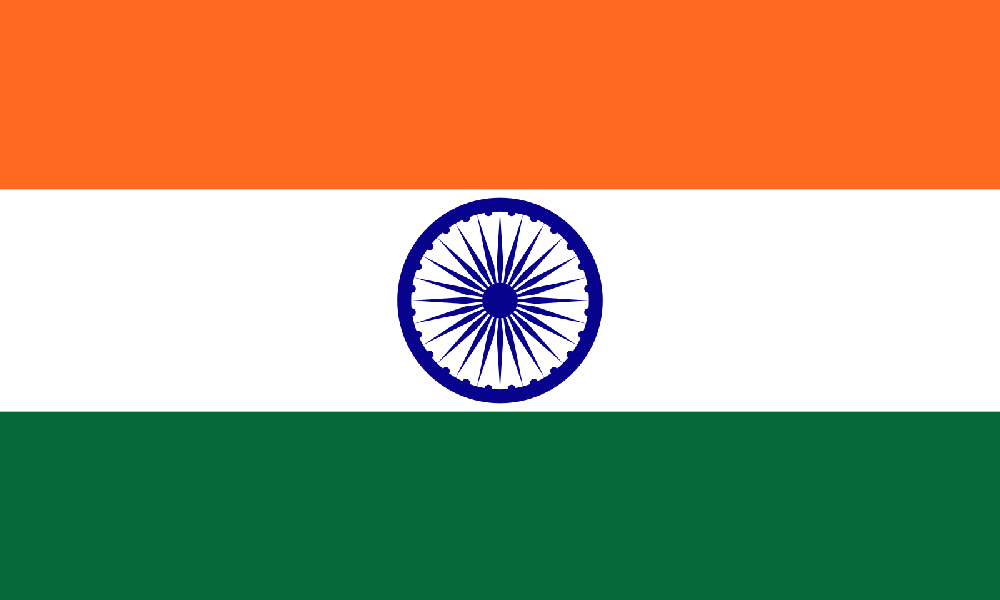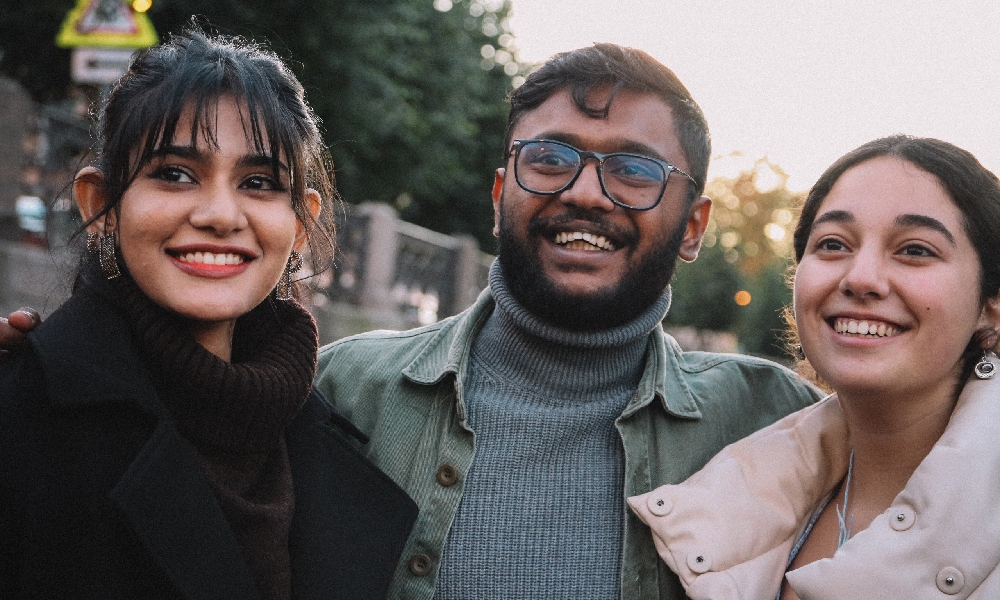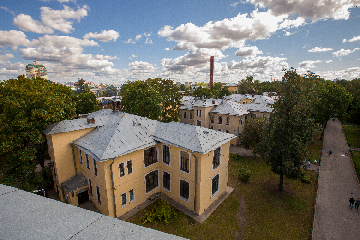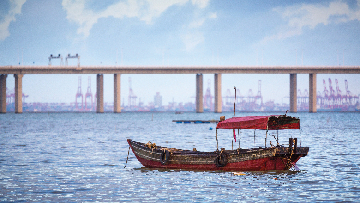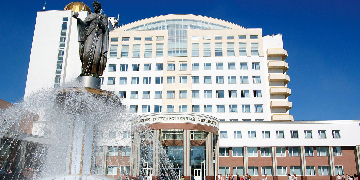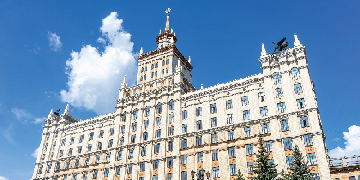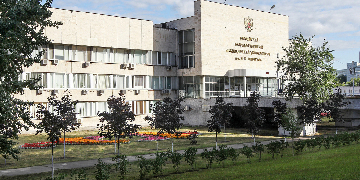Russia consistently develops international cooperation, in particular, with South Asian countries, in the areas of humanitarian, youth, academic projects. The year 2023 was marked by a host of major international events, setting out the priorities and growth areas of such cooperation.
For example, Games of the Future, which took place in the beautiful city of Kazan from February 21 to March 3, brought together more than 2,000 participants who competed in the disciplines uniting traditional sports and eSports.
The World Youth Festival in Sochi, which took place on March 1-7, became the largest youth event in the world. The festival brought together 190 youth delegations from 188 countries. The representatives of culture, sport, education, science, business, and mass media, speakers of various languages and bearers of various cultures discussed social and humanitarian problems of modernity and searched for their solutions as well as exchanged opinions for the sake of creation, progress and building of a just world.
The 5th BRICS Sports Games, which took place on June 12- 23 in Kazan, brought together 2,851 athletes from 53 countries. The Games program concluded with a colorful celebration of the traditional Tatar festival Sabantuy, where the guests could get acquainted with the diversity of ethnic culture of the peoples of Russia and take part in traditional entertainment activities and games.
On September 15-29, Moscow and Ekaterinburg will host the World Friendship Games, the first multi-sport tournament that includes performances in 36 sports. Around 6,500 athletes from all over the world are expected to participate in the 2024 Friendship Games.
In general, the ambitious eventful agenda has a strong focus on open international dialogue, development of international cooperation with active involvement of young people in education, science, sport, culture and awareness building.
Russia – Bangladesh
Russia and Bangladesh have long-standing experience of effective partnership. Today, graduates of Soviet and Russian universities work in almost all sectors of the economy and public life of their countries and hold senior positions at government agencies, commercial entities, and cultural associations. Cooperation between the two countries is holistic and includes training of highly qualified personnel for Bangladesh’s economy in general and for atomic power engineering in particular, implementation of educational and cultural exchange programs, and development of joint research projects. We can see an increasing interest in learning Russian among Bangladeshis. Every year the language courses at the Russian House in Dhaka are attended by more than 200 students. The language training programs involve Russian universities making the opportunities to learn Russian as a foreign language more accessible.
Russian House in Bangladesh, Telegram
Russia – India
The Russia-India partnership is characterized by mutual interest and respect. Emphasis is placed on joint science and technology projects implemented as part of the Roadmap for Science, Technology and Innovation Cooperation between Russia and India, which was approved and signed in December 2021. The priority fields of study include agriculture, physics and astrophysics, quantum science, shipbuilding, healthcare, and medical technologies. In recent years, there has been an increase in the number of Indian students getting an education at Russian universities. Today the number of students from India is more than 16,000. There is an increasing interest in Master’s programs and student research projects.
The universities and research institutes in the two countries develop academic mobility and implement joint and networking projects and programs in a variety of fields of science.
Russian House in India, Telegram
Russia – Nepal
Russia-Nepal cooperation has also been expanding in recent years. Personnel training issues are still in the spotlight, and emphasis is placed on the development of the tourism industry. Nepal highly values specialists, who got an education in the USSR, especially physicians, constructors and engineers. Today the country needs health professionals. That is exactly why Ganesh Prasad Timilsina, Chairman of the National Assembly of the Federal Parliament of Nepal, as part of the official visit to Russia in 2023, suggested considering the possibility of increasing the number of quotas for students from Nepal to pursue medical specialties in Russia.
Russian House in Nepal
Instead of a conclusion, we can say that cooperation in education, science, culture, healthcare, and awareness building will be undoubtedly expanded in the foreseeable future. However, even today we can say that there is an increasing interest in Russian education. This is proved by the fact that the number of government quotas for international students has increased up to 30,000.

